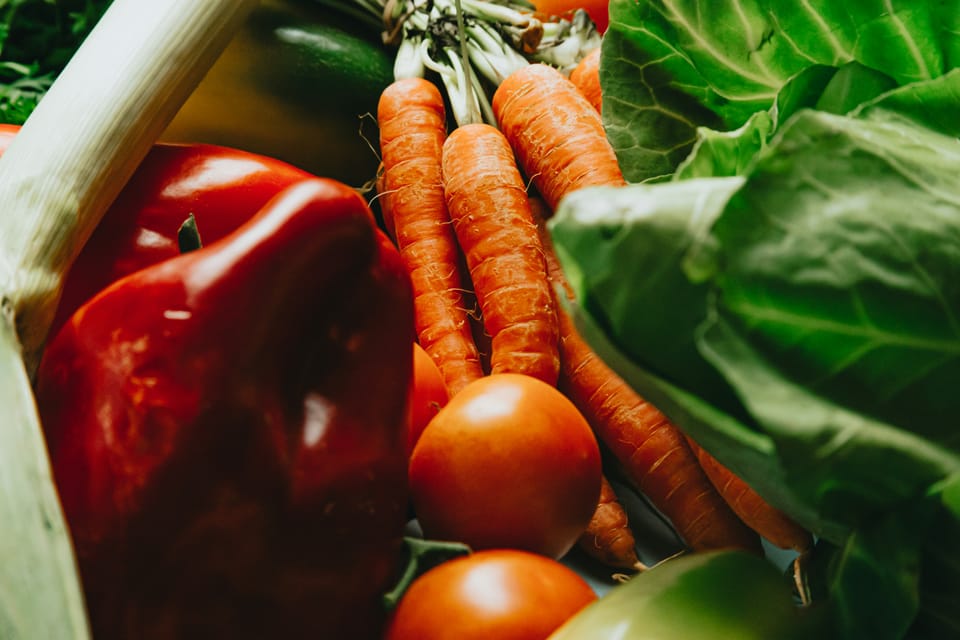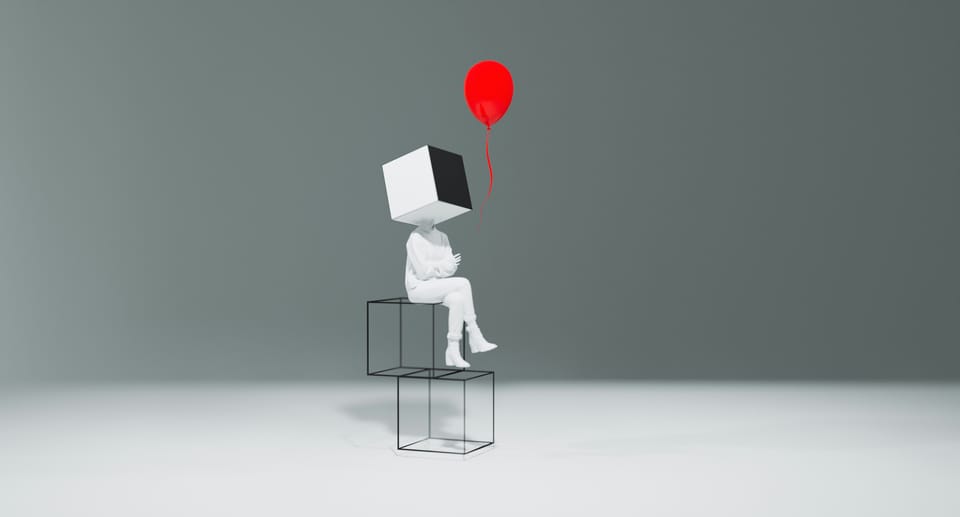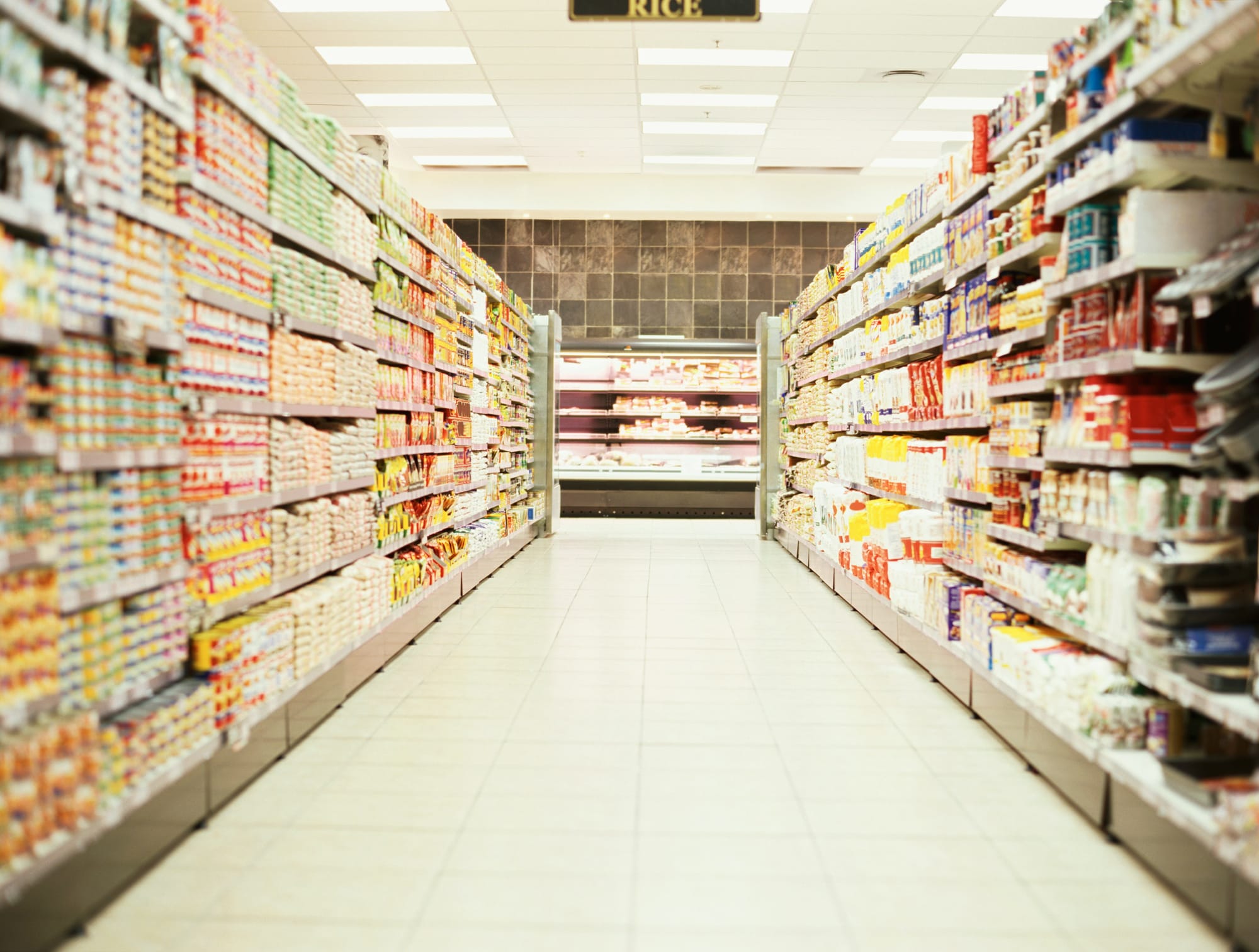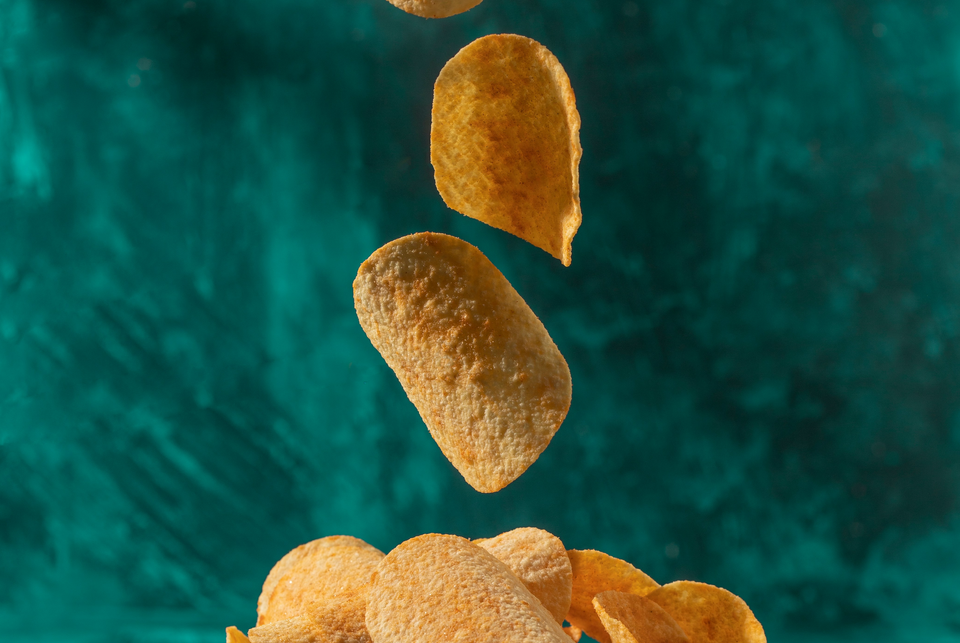Food is not medicine
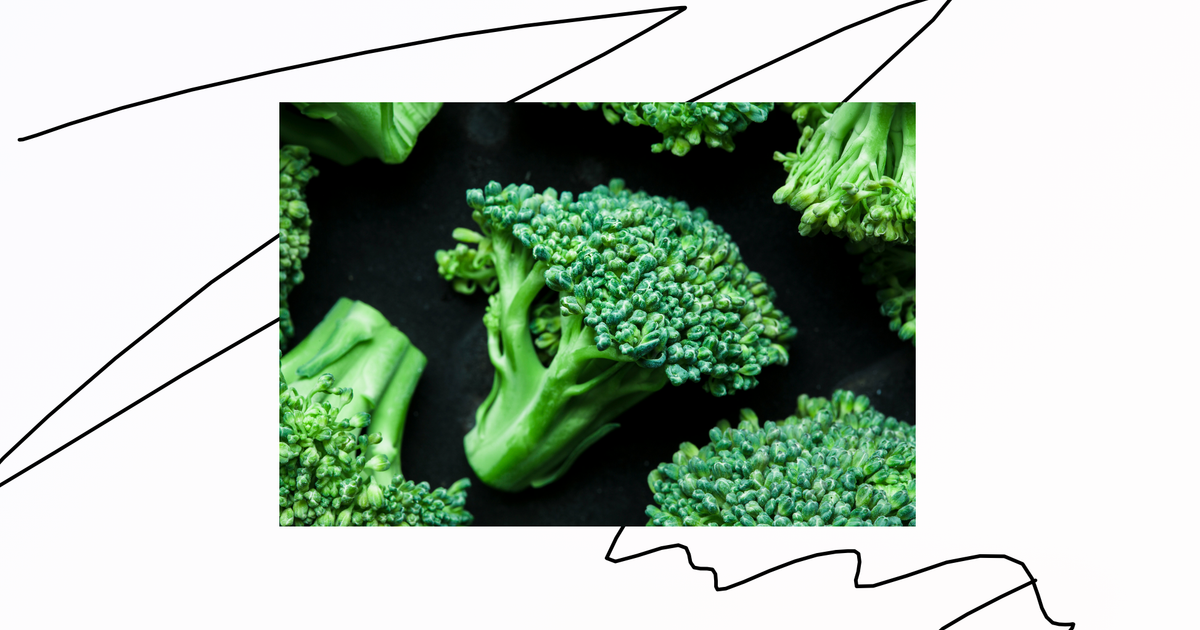
Too many people are willing to blame chronic conditions (and everything else) on poor diets, choices, lifestyles, etc.
But food isn’t medicine. Food isn’t the culprit. Oppression is.
Before you X out of this window, consider the lowest time in your life. Maybe it’s now, maybe it’s a long time ago, maybe it’s neverending.
- How well did or does your digestive system work when you’re at your lowest?
- When you’ve been abandoned by people you thought cared; when you’re unemployed; when a loved one is sick; when your child is struggling; when people bully you or seem to hate you... how well do your stomach and intestines feel and function?
- Constipation? Diarrhea? Bloating? No appetite? Endless appetite?
Even if you do fine for awhile, fight or flight, constant stress, depletion, fear, panic, trauma, or isolation … they will take their toll.
Your body wasn't made for 24/7 stress (or social media)
Your digestion, absorption, and metabolism are not designed to function optimally under months or years of chronic depletion of resources or perpetual stress activity.
Your diet can be perfect or not. It’s digestion that determines what your body gets from that for energy and sustenance. It’s absorption and metabolism that determines what your body gets for nourishment and vitality.
Under duress and chronic stress, illness, or depletion… your body will eventually prioritize survival. That might mean compromised absorption because you’re “on the run” and it thinks you don’t have the time. It could be store everything (EVERYthing) because it thinks you’re heading to famine or a season of no nourishment (aka weight gain, which usually worsens the stigma if you’re dealing with chronic conditions).
Just eat better, problem solved?
Nothing is as simple as “change your diet” and change your health. Some things might get better. But they might only be responding to cutting foods you were having issues digesting. Or if you’ve switched to more processed and canned foods because of budget constraints … things might actually improve a bit, because decreasing the energy barrier to preparing food when you have serious fatigue, and choosing canned foods or frozen foods, can actually increase your body’s nourishment. Or sometimes, canned foods are easier to digest.
Weight is not the single-most important marker of health. I maintain it’s not a marker at all. It might be a sign, as in, changes in weight — they should maybe lead you to ask questions (without judgment). But your body weight should not be used to say "Aha! I know what the problem is" — not by your healthcare provider, and not by you.
Our culture focuses too much on what they can see and very little, or not at all, on what they can’t. Invisible illness, chronic disease, trauma, depression, abuse, abandonment, unemployment, and more … all of these things can be entirely invisible to the naked eye.
Yet they can wreck a person’s sense of safety and cause every possible complication to digestion and absorption.
If you’re having a hard time and going through some things and you’re gaining weight, can’t lose weight, or can’t bring yourself to eat vegetables, what’s called for is not a harsh diet but gentleness, love, care. Your body needs to feel safe to digest and absorb.
What even is "safety" anyway?
Safe means different things to different people. What it takes to achieve safety isn’t always feasible if you live in an area, a home, a state where you don’t feel unequivocally protected or free.
But we can find small bits of safety, intentionally and unexpectedly, and those must be cultivated not only for good nutritional status, so your body can “rest and digest,” but also for your well-being and wonder and existence as a human, unique and far too complex to be judged into a one-size-fits-all diet for a single condition, or a single pants size, or a single label.
Careful who you trust
People who fancy themselves nutrition experts (but haven’t spent years studying it) like to talk about foods and nutrients and diets, and they like to tell you what’s right and what you should do and what doesn’t work. They think that food is the simplest medicine in the world and that there's a conspiracy to "hide" these simple answers from you. They make it seem like the most elementary equation: 1 + 1 = 2. I can't even tell you how many times I've seen the equivalent of "garbage in, garbage out" to explain how bad diets cause bad health.
That's not science. That's a self-help slogan designed to over simplify incredibly complex things like nutrient breakdown, digestion, and how nutrients are parsed from the foods you eat and distributed throughout your body. It's not something you or anyone can fully control. You can eat the best diet and still have issues. You can eat what others might call the worst diet and be perfectly free from chronic conditions. Food isn't the culprit or the cure.
I am a PhD candidate IN nutrition. I don't have any more classes to take; I've taken them all. Now I'm just in the research phase, but I've accumulated all the classes needed about biochemistry and nutrient absorption and interactions and digestive problems, and I say food matters just like a script matters for a play. But it’s all in the acting that determines how that play turns out. You can have the best diet (script)… but if you haven’t got the digestion, absorption, and metabolism cast well… you aren’t going to see a great show.
The point is...
Don’t hyperfocus on WHAT you eat unless you’re navigating allergies or food reactions. Instead, prioritize how you eat and that extends to your life. Safety, security, hope, happiness, value… you need those things to feel safe in the world. For many of us, it’s not easy to control every part of those needs. But if you can make choices to take you in one direction or the other? Pursue the safety of “rest and digest” over “organic and fresh” every day of the week.
